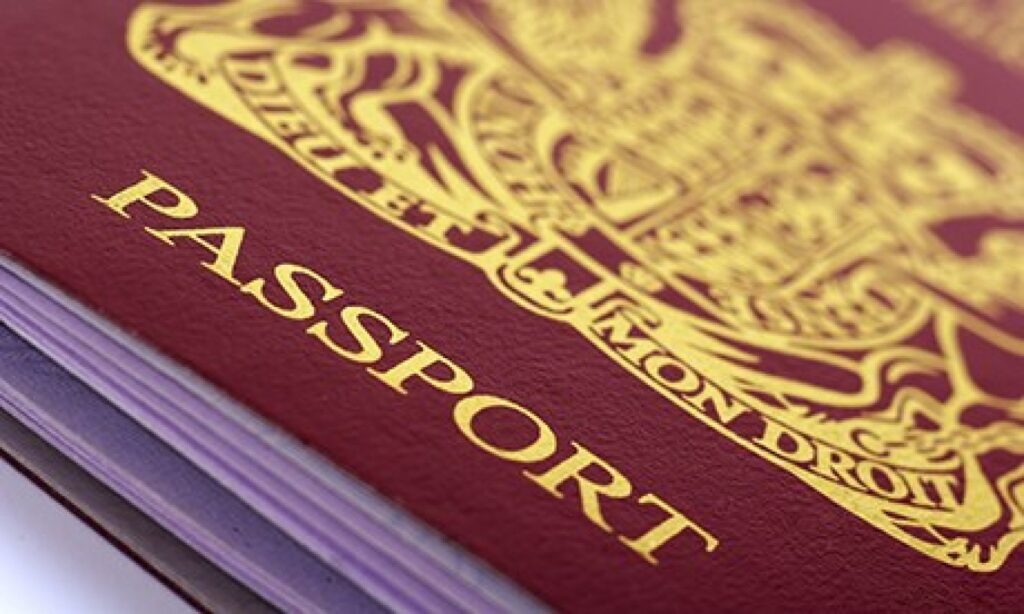As we enter 2025, significant changes are on the horizon for businesses sponsoring foreign workers, with the new Labour government introducing tougher enforcement measures. The Home Office is taking a stronger stance on compliance, and employers who breach visa rules will face stricter sanctions. Here’s a breakdown of what you need to know:
Key changes in Home Office enforcement
The Home Office is increasing its scrutiny of sponsors to ensure compliance with immigration laws. Planned changes will have a significant impact on businesses that sponsor workers, and any breach in duties could lead to serious consequences. Understanding the upcoming changes and the importance of staying compliant is crucial for any organisation that sponsors employees.
1. Increased audits and inspections: The Home Office has ramped up the frequency and thoroughness of audits and inspections. These checks are designed to ensure that sponsors are meeting their obligations, such as maintaining accurate records and reporting any changes in circumstances promptly. Sponsors must be prepared for more thorough scrutiny.
2. Stricter penalties for non-compliance: Non-compliance will result in more severe penalties, including doubling the length of time that an employer will be prevented from applying for a new licence if their current one is revoked. Where there are repeated breaches, the “cooling off” period will increase from 12 months to two years. Currently a cooling off period of longer than 12 months is only possible when the licence has been revoked in specific circumstances.
3. Longer action plans for minor breaches: When a sponsor commits a minor breach, the Home Office may require an action plan to address the issue. Currently, the maximum period for such plan is three months, but this will be extended to 12 months. This extended period will ensure that employers have sufficient time to make necessary improvements to ensure long-term and sustained compliance. It will also mean that employers will face restrictions on their ability to bring in overseas workers for a longer period.
4. Prohibition of unethical practices: The government intends to crack down on unethical sponsorship practices, including preventing employers from passing on sponsorship costs such as certificate of sponsorship fees or administrative costs, to skilled workers. Employers found to be passing on any of the immigration skills charge to sponsored employees are already at risk of the licence being revoked. This change is likely to extend that sanction to the wider costs of sponsorship and aims to ensure that employers meet their responsibilities without unfairly burdening their employees.
Challenges for employers
These changes will undoubtedly make things more challenging for employers. The increased scrutiny and stricter penalties mean that businesses must invest more time and resources into compliance with the new requirements.
The need for thorough documentation and prompt reporting could place more strain on administrative capacities, especially for smaller businesses. Employers must be proactive in understanding and adapting to these changes to avoid severe penalties and ensure smooth business operations.
The importance of understanding sponsor obligations
With the tightening of enforcement measures, it is more important than ever for sponsors to fully understand their obligations. Staying up to date with any changes in immigration law and ensuring that all compliance requirements are met will be crucial for avoiding penalties. Regular training and internal audits can help ensure businesses remain compliant and minimise the risk of any breaches.





